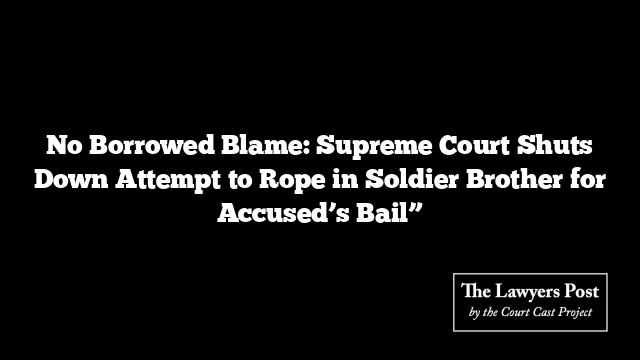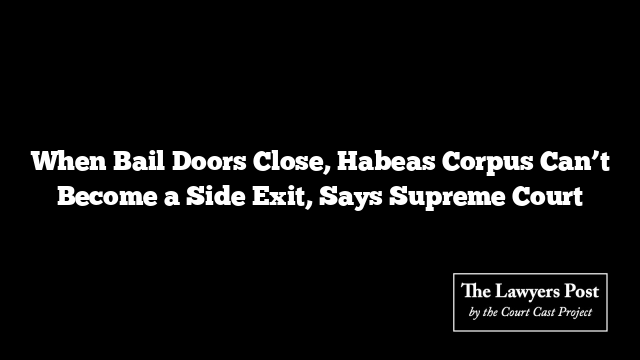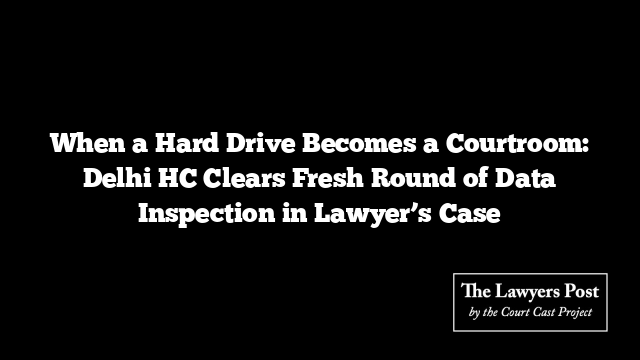In a crisp but unmistakably firm order, the Supreme Court drew a bright line around personal responsibility, making it clear that guilt cannot be outsourced—especially not to one’s family.
A two-judge bench dismantled a bail order granted to a man caught with over 731 kilograms of ganja, a haul valued at roughly ₹2.91 crore, after finding that the High Court had glossed over the stringent safeguards built into the NDPS Act. The Court noted that Section 37 requires much more than a casual nod before letting an accused walk out.
What triggered the Supreme Court’s sharp reminder was a curious submission: the accused’s brother, a Sepoy in the Indian Army, had offered an undertaking that his sibling wouldn’t flee. The bench refused to entertain this “proxy guarantee,” remarking that India’s legal system does not imprison one person for another’s alleged wrongdoing. Family ties cannot be converted into penal liabilities.
The judges also pointed to the seriousness of the allegations—an operation involving concealed cavities engineered beneath a trailer to move contraband, hinting at organised trafficking rather than a one-off misadventure. In that context, a custody period of a year and four months was hardly disproportionate for offences carrying a minimum sentence of ten years.
Before concluding, the Court sounded an alarm about rising drug addiction among young people in the country, underscoring the need for courts to remain vigilant when dealing with offences of this scale and sophistication.
The bail order stands cancelled, and the legal process continues without shifting any burden—moral or legal—onto the shoulders of an innocent brother.





